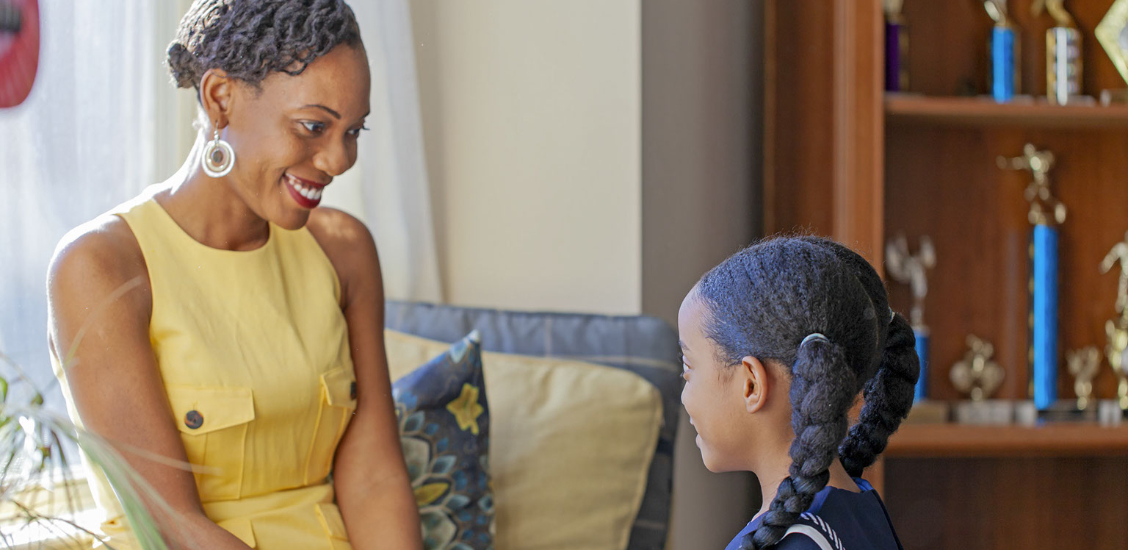
Managing Children’s Behavior
Cognitive specialist educates parents on helping their kids — and themselves
By Vanessa Infanzon | Photos by Jessica Gaddy, Shrimp & Grisettes Photography
When Bea Moise and her husband, Rubin, moved from Orlando to Charlotte in 2008, they discovered Rea Road as they searched for a place to live. They didn’t know exactly where they were or even how to pronounce the street’s name, but they fell in love with the Ballantyne area and set down roots.
In 2009, Moise launched a consulting practice, A Child Like Mine, to teach parents how to work with their neurodiverse children. She helps them remove barriers that may be getting in the way. She also served as a parenting coach at Southeast Psych in Ballantyne for four years.
Moise says her personal experience with dyslexia helps her understand how a learning disability impedes communication. It also makes it easier for her to relate to children and convey to their parents how to manage their children’s behavior.

Parents come to Moise when their children display negative behavior at home or school. Perhaps an Individual Education Plan (IEP) for a child on the autism spectrum is no longer working, or a child develops anxiety, ADHD or oppositional defiant disorder. Parents either reach out to Moise directly, or psychiatrists refer them to her to pursue issues that go beyond medication.
“My focus has always been educating parents,” she says. “What is it that you’re missing, you’re not understanding?”
As a cognitive specialist, Moise approaches parents’ challenges with data-based interventions. It’s not talk therapy, she says, and she doesn’t ask about emotions. She develops an implementation plan to make situations better.
When to seek help
Moise recommends parents seek help when they are overwhelmed and can no longer positively respond to their children. “If you are yelling, screaming, exhausted and don’t have the patience,” she says, “it’s a good time to seek help.”


